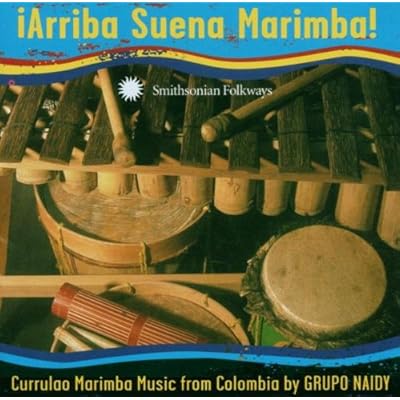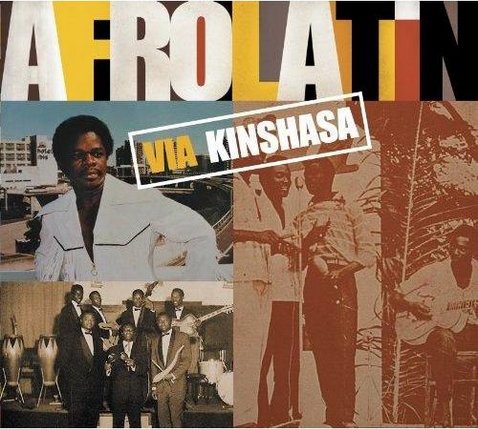
[from ¡Arriba Suena Marimba! liner notes]
Context — you bring the ropes, I’ll get some grease.
Play this song in Spain, and people will think of drinking calimocho – Coke mixed with box wine – in public plazas. Play it in the bass blogosphere, and people will think of Uproot Andy’s remix, pressed into wax by Bersa Discos. Play it where it’s from, Colombia’s southern Pacific coast, and people will think of dead children… For Grupo Naidy’s “El Botellón (The Jug)” is an Afro-Latin funeral song for performance at an altar holding the body.
A violinist I met in Lima resurfaced at my last show in Philly — she’d been traveling the continent, music-theater as her passport; moving obscurely between swamp and river in Colombia she’d stumbled across this tune. Learning the sadness it framed was a heavy thing. As the liner notes explain, When a child dies in the Pacific, the belief is that the child is without sin, and ascends directly to heaven. Therefore, a child’s funeral (chigualo) is marked by bittersweet celebration.
[audio:https://negrophonic.com/mp3/01 El Botellon (The Jug).mp3]Grupo Naidy – El Botellón (The Jug)
The darkness extends: soonafter they recorded this song the two youngest members of Grupo Naidy, brothers, were gunned down on a streetcorner as they left band practice. (Those guns were probably American). Every song is a story is a line you can hum, a book you can lose your page in, a map you can burn, a jungle hurtful or fertile depending on what you are when it grows around.

Released by Smithsonian Folkways, the album ¡Arriba Suena Marimba!: Currulao Marimba Music from Colombia by Grupo Naidy is a treat. This melody appears twice, the second time with saintly adoration lyrics sung to the same notes. Let’s worship Saint Anthony!, go their raised voices. Some of the most amazing music has been made by deeply religious people (syncretic black Catholics, in this case; or maybe the ‘B’ should be capitalized and the ‘c’ should be lower-case). Music as a lean into the beyond.
You can download the album’s bilingual liner notes [PDF], chock-full of sturdy, sober information like: “The Afro-Pacific marimba consists of as many as 24 chonta-wood keys, suspended over bamboo resonators and arranged in local tunings outside the notes of the Western scale” and “As a boy, Saxo was more interested in playing soccer than in the folkloric music of the Pacific coast, until all his friends started going to a school for folkloric dance and music in his neighborhood.”











